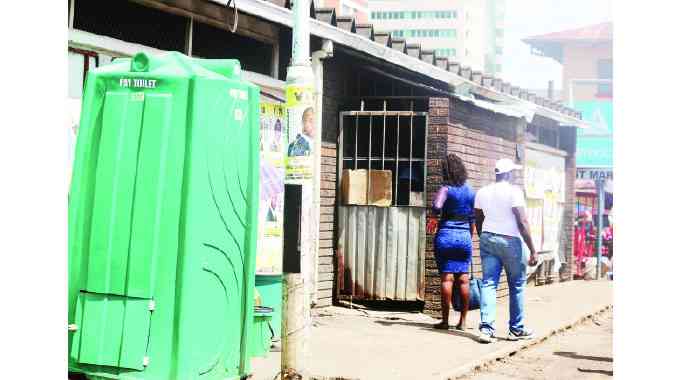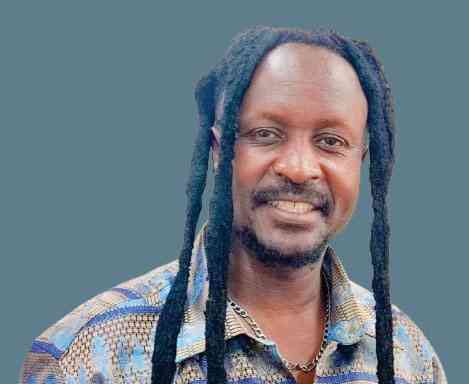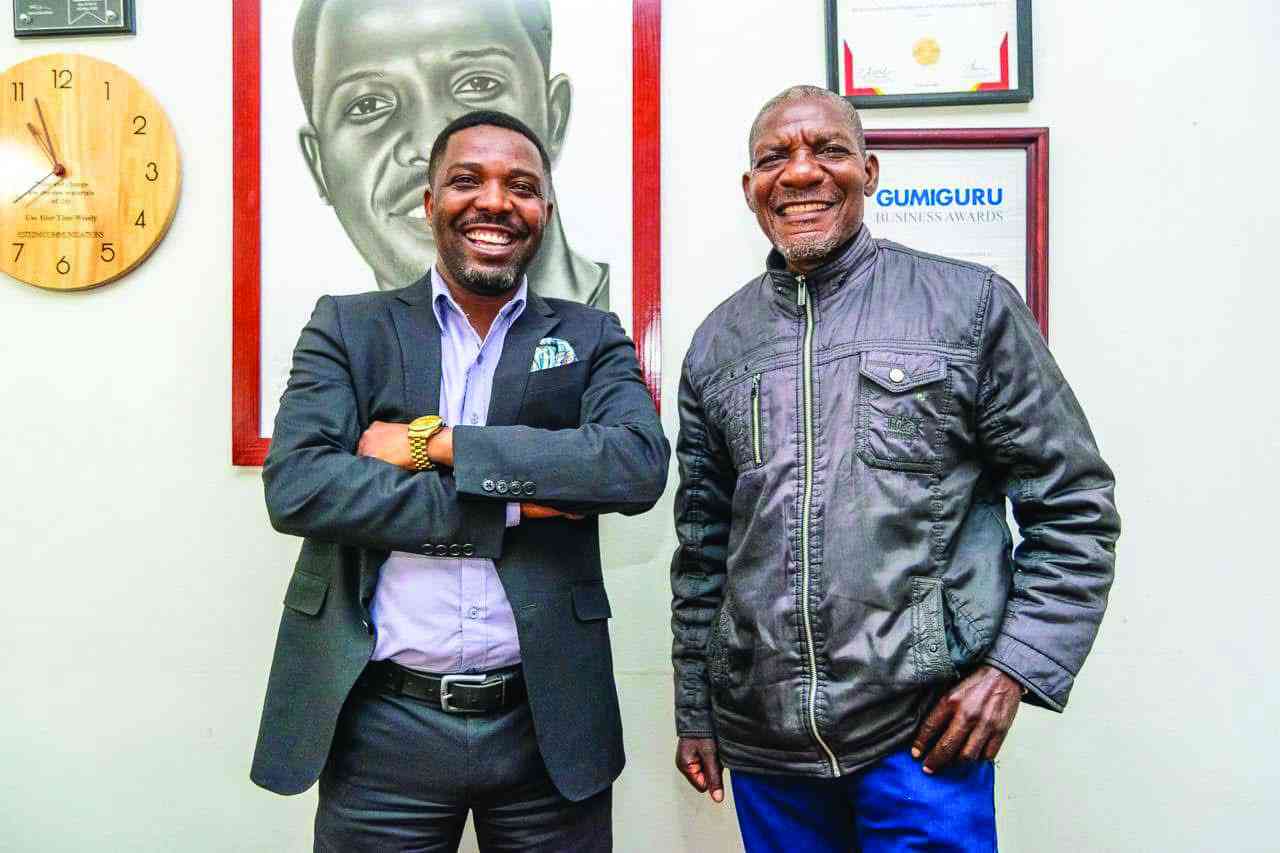
Lucia Madehwe had just been dropped in Harare’s city centre from her rural home in Musana in Mashonaland Central province, but she has to attend to nature’s call before she gets down to business.
It was a tough call as she had to hop from one point to another in search of a public toilet.
“All the toilets that I know were closed and the one that was open had a very long queue,” Madehwe said.
“I ended up going to an eatery after someone had advised me to do so, but the lady manning the toilets asked me to produce a receipt from the food outlet.
“She later admitted me in after I had narrated my ordeal.”
Harare’s public toilets are in such a deplorable state that very few are still usable.
Most of them are perpetually blocked, making them virtually no-go areas.
Harare City Council has been blamed for failing to maintain the few toilets whose scarce availability already impacts negatively on women and people living with disabilities.
- Harare cancels Pomona waste deal
- Devolution gains remain a mirage
- Harare cancels Pomona waste deal
- Pomona saga: Harare handed shock US$750k ‘garbage’ bill
Keep Reading
The capital city has, for years now, been facing serious water and sanitation problems. This fact is confirmed by recurrent cholera outbreaks that have claimed thousands of lives in the last two decades.
Zimbabwe has pledged to reduce by half the proportion of people without sustainable access to basic sanitation by 2030 as defined by the Sustainable Development Goals (SDGs).
With only a few years remaining, achieving the SDG Goal 6 target poses a major challenge to the local authority, given its clear failure to match the rapid pace of urbanisation.
Only a handful out of Harare’s more than 100 public toilets have some semblance of usability. The council claims the few that are “out of order” are being affected by water shortages.
“Harare has 113 public toilets distributed throughout the suburbs and the central business district, and only a few are in working order,” said a source at Town House.
“The few that are not working are receiving attention, but most of them are closed because of water shortages.
“The state of the public toilets in the city has been unacceptable and the 2024 budget provides for the refurbishment and restoration of public toilets.”
Lack of sanitation facilities and poor hygiene causes water-borne diseases, such as diarrhoea, cholera, typhoid and several parasitic infections which are not uncommon in Harare.
Prevalence of these diseases and others linked to poor sanitation is highest among women and children.
Zimbabwe Women Against Corruption Trust director Sandra Matendere said the public toilets situation in Harare has not been adequately addressed.
“The few toilets, which are available, don't have adequate infrastructure for clean water needed to maintain menstrual hygiene,” she said.
“We have seen a high number of shopping malls that are being constructed in the city and women are the ones who mostly spend time shopping. And in those malls there are no public toilet facilities.
“Unavailability of public toilets disproportionately affects women greatly so the city of Harare should employ a gender responsive approach at all levels of public service delivery ensuring that the needs of men women, youths, the elderly and people with disabilities are adequately addressed.”
Focus on gender differences is of particular importance with regard to sanitation initiatives, and gender-balanced approaches should be encouraged in budgets, plans and structures for implementation by the local authority.
Emancipate Disability Constituency Trust director Nyasha Nhau said local authorities budgets were not responsive to people with disabilities.
“This is because whenever there are consultative meetings, the disability constituency is not involved and usually their issues almost always come as an afterthought,” he said.
“That is when you will see policy implementers trying to come up with a programme which is not in their plan, for their records sake.
“For the budgets to be responsive to people with disabilities, we should not be left behind in decision making processes.”
Nhau, who is also African Union Disability Council ambassador bemoaned lack of toilets that are user friendly for the disability constituency.
“Public toilets are not accessible to people with disabilities because 97% of them do not have wheelchair ramps, some do not have seats to accommodate amputees while some urine pots are a bit higher for the little people and those on wheelchairs,” he said.
“I think our councils with the support from the government and other key stakeholders or partners should support the renovation of these public toilets to accommodate members of the disability constituency since the country pledged to support the UN SDG core principle encouraging members states to ‘Leave No One Behind’ while our government aligned it with its NDS1 principle of ‘Living No Place Behind’.”
Combined Harare Residents’ Association director Reuben Akili said the council should use simple measures, such as putting up toilets at public places, to reduce health-risks for people, especially women and people with disabilities.
He said the council should ensure that its overall sanitation frameworks are gender-sensitive and earmark funds for hygiene programmes and separate sanitation facilities for men and women.
“As residents we are concerned over the closure of public toilets to such an extent people end up relieving themselves in secluded places and sanitary lanes,” Akili said.
“We are also concerned that some toilets are not usable, for instance, toilets at corner Leopold Takawira and former Charter Road as well as toilets at Fourth Street have persistent blockages and sewer flows all over.
“You will see that some of these toilets are closed because of water shortages. There is a correlation between access to water and access to sanitation and in this case access to toilets.”
Akili said the situation has been worsened by the decommissioning of the Prince Edward Water Works that has caused the deterioration of water supplies in the city centre and some parts of Harare.
“Our local authority budgets are not responding to the needs of women who have seen women queuing for toilets because there are a few squatting holes compared to men who can use the urinary section of the toilets,” he said.
“Our service delivery is not responsive to the needs of women and even to people with disabilities.
“The toilets in their condition cannot be used by women and so you will see women having to pay for these toilets.”
Public health experts said the availability and accessibility of toilets also reduces violence against women, which may occur when women have to relieve themselves in the open or seek toilets inside bars, whose clientele are men.
Over the years Harare City Council has shown particular commitment and dedication in the implementation of the Gender Links’ Centres of Excellence (COE) process.
The COE process aims at raising awareness of the gender impact of policies, and also highlights the gap between policy and what is obtained on the ground.










